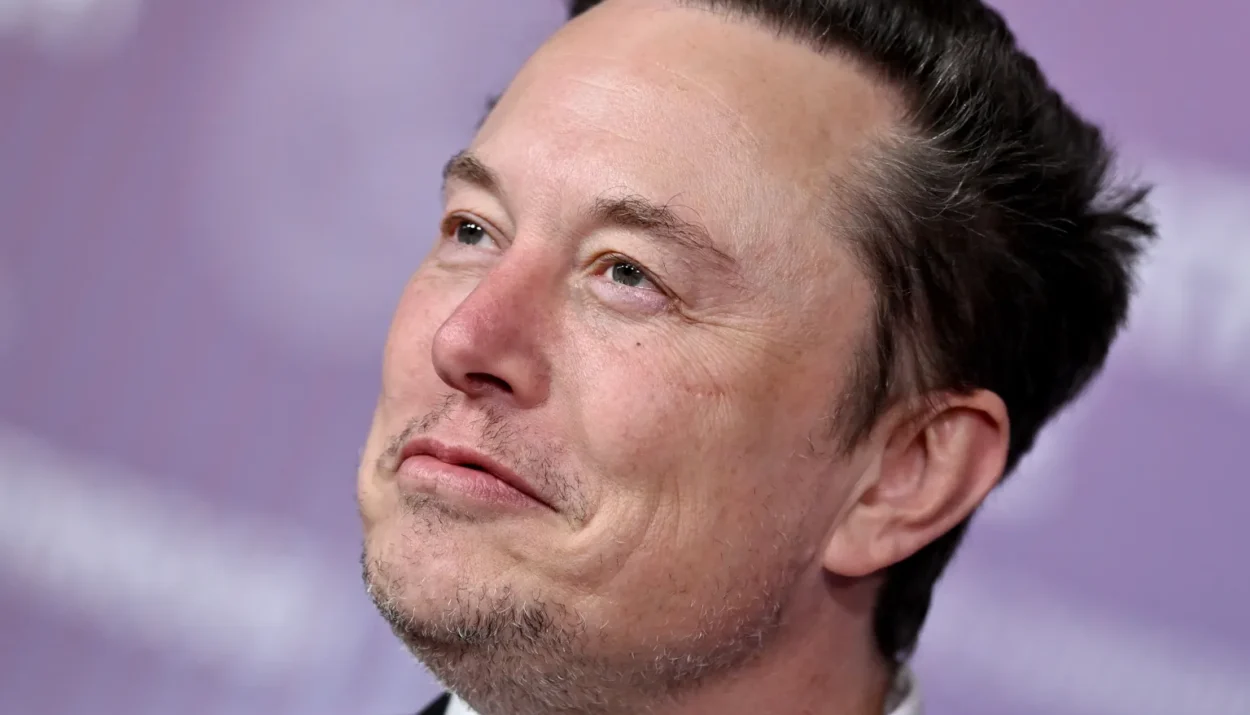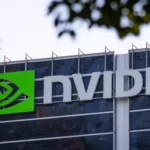Elon Musk has voiced his agreement with experts who claim that the available data for training artificial intelligence (AI) systems has been largely exhausted. According to TechCrunch, this revelation poses a significant challenge for the future development of AI, which relies heavily on vast, diverse datasets to improve performance and accuracy.
The Issue of Exhausted Training Data
AI systems rely on training data—text, images, and other information collected from the internet and real-world interactions—to improve their capabilities. However, experts warn that the data pool has reached a saturation point.
- Limited High-Quality Data: Much of the freely available, high-quality data on the internet has already been used by models like OpenAI’s GPT and Google’s Bard.
- Recycled Information: As new models are built on older data, the risk of redundancy and reduced innovation increases.
Musk, known for his work with AI projects like Tesla’s self-driving systems and OpenAI, acknowledged this limitation, stating that the industry must find new ways to overcome the bottleneck.
Impact on AI Development
- Diminished Model Performance
- With fewer high-quality data sources, new AI models may struggle to surpass the capabilities of existing ones.
- This could lead to slower progress in applications such as natural language processing, image recognition, and robotics.
- Bias and Quality Concerns: Reliance on limited datasets may introduce or perpetuate biases, reducing the reliability and fairness of AI systems.
- Increased Costs: Companies may need to invest in creating proprietary datasets, driving up the cost of AI development.
Potential Solutions
To address the scarcity of training data, researchers and companies are exploring alternatives:
- Synthetic Data Generation: Creating artificial datasets through algorithms to simulate real-world scenarios.
- Collaborative Data Sharing: Encouraging data sharing among organizations while ensuring privacy and security.
- Real-World Interaction Data: Leveraging user interactions and feedback to gather new data streams.
Musk suggested that innovations in AI architecture and training techniques might reduce dependence on large datasets, focusing instead on improving how models learn and adapt.










